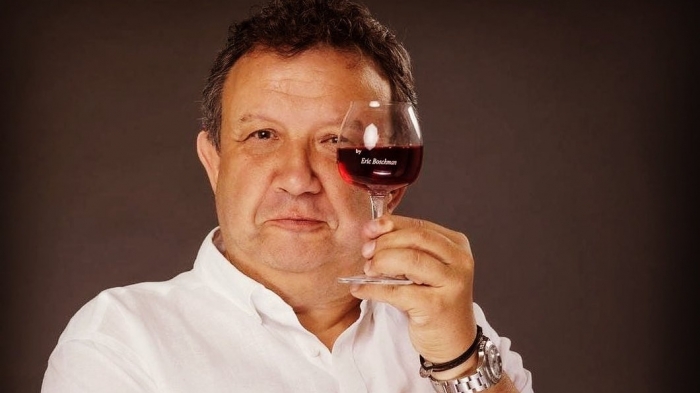TV show exposes international wine competition's cheap wine scandal
Elaborate prank sheds light on wine tasting contests
2023-06-15

In a surprising turn of events, judges at a prestigious international wine competition are left astounded as they were deceived by a media outlet's meticulously planned scheme. The plot aimed to demonstrate how the worst possible wine found in a supermarket could win a gold medal at a reputable international contest.
Have you ever wondered how the average consumer chooses a wine in a supermarket? It turns out that having one or more medals adorning the bottle can boost sales by up to 15 percent. It's no wonder that wineries take wine tasting contests very seriously. But does winning these medals truly reflect the quality of the wine, or are these competitions merely lucrative events that charge hefty sums to producers in exchange for the chance to increase sales? The team at "On n'est pas des pigeons," a Belgian magazine and television program dedicated to consumer awareness, decided to find out by entering the worst supermarket wine they could find into a prestigious wine competition.
The organizers of this elaborate prank, which took months of planning, enlisted the help of Eric Boschman, Belgium's best sommelier in 1988, to conduct a wine tasting of supermarket wines in search of the worst possible one. There were plenty of wines under €3 to choose from, but they decided to opt for the cheapest and least palatable they could find—a bottle priced at €2.50. But it didn't end there. They decided to change the wine's labeling, "disguising" the bottle as a premium product named 'Chateau Colombier' with a more eye-catching label. They even invented a backstory for the wine, claiming it was made from indigenous grape varieties in the Côtes de Sambre and Meuse (Wallonia).
"On n'est pas des pigeons" had dozens of wine competitions to choose from but settled on the Gilbert & Gaillard International Wine Competition, a global competition that reportedly awards medals every three months. Participants must pay a registration fee of €50, submit wine samples for tasting, and provide laboratory data such as alcohol and sugar levels. The latter requirement was easily bypassed since the competition organizers do not conduct their own laboratory analysis and do not verify the data provided by wine producers.
To increase their chances of securing a favorable position in the wine competition, the team at On n'est pas des pigeons submitted false laboratory data, obtained from another high-quality wine. As suspected, no one bothered to check if the data were authentic.
Finally, to give it the extra push, a marketing campaign was planned. Boschman began to publicly praise the €2.50 wine as something truly exceptional through media outlets, social media, and among his sommelier colleagues and industry professionals, counting on the fact that many of them tend to be influenced by their peers.
In the end, the prank worked perfectly. The cheap €2.50 wine won a gold medal at the recent Gilbert et Gaillard international wine competition, with the judges describing it as "silky, fresh, and with a rich and pleasant palate, exhibiting fruity, frank, and pleasantly complex aromas—a very interesting wine."
After announcing the results, the organizers also informed the winners that they could purchase 1,000 gold stickers to display on their wine labels for just €60.
Recently, On n'est pas des pigeons revealed their successful prank, warning consumers that "not all gold wine medals are created equal. Some competitions are more professional than others, while some are simply organized as a business."
Founded in 2007, Vinetur® is a registered trademark of VGSC S.L. with a long history in the wine industry.
VGSC, S.L. with VAT number B70255591 is a spanish company legally registered in the Commercial Register of the city of Santiago de Compostela, with registration number: Bulletin 181, Reference 356049 in Volume 13, Page 107, Section 6, Sheet 45028, Entry 2.
Email: [email protected]
Headquarters and offices located in Vilagarcia de Arousa, Spain.